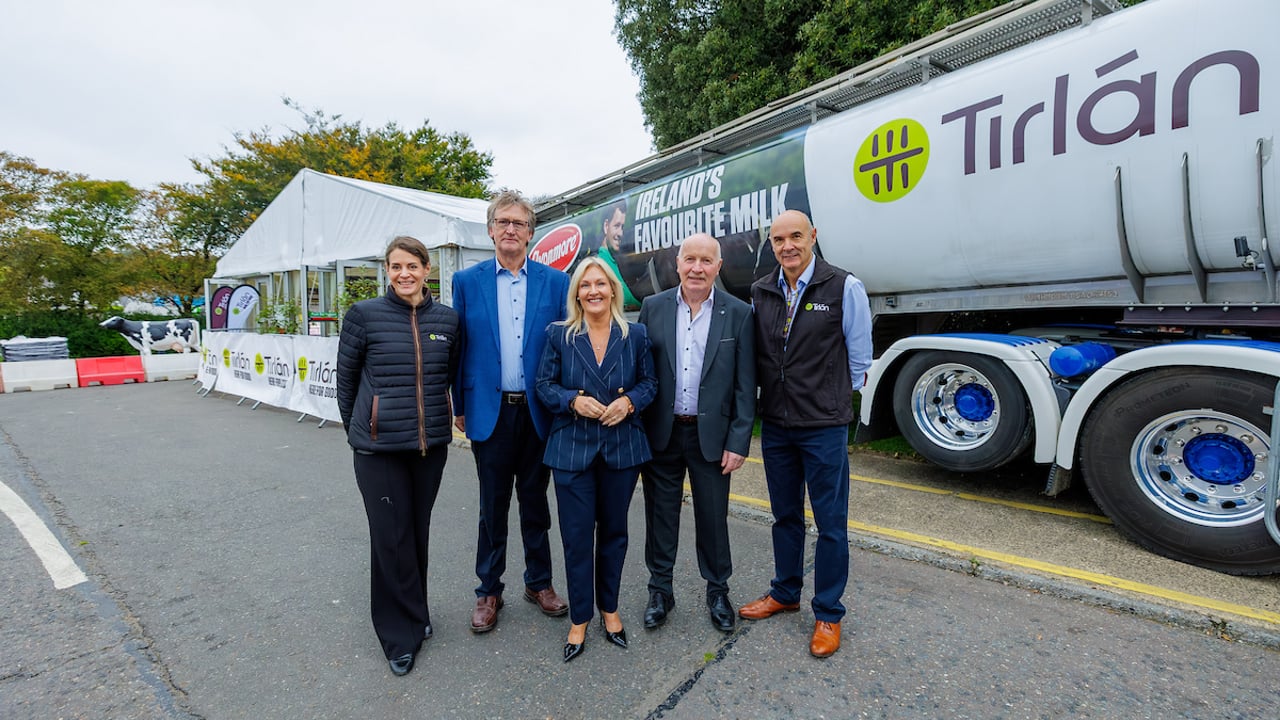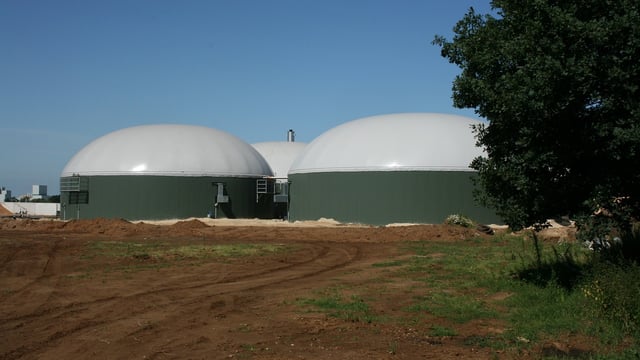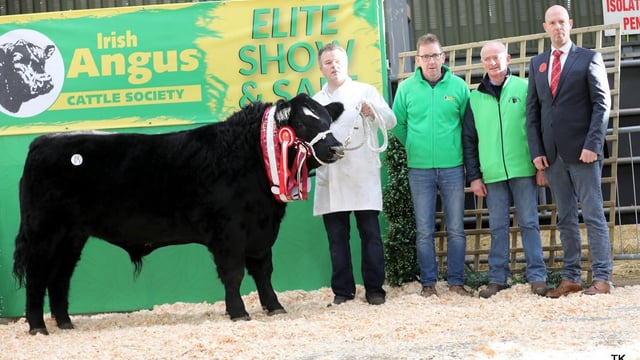Watch: Producing over 50,000t of cheese at Tirlán's Wexford plant
It all starts with "good quality milk" but when it comes to cheese, the proof is as always, in the eating.
The fact that Tirlán's Co. Wexford cheese factory produces over 50,000t each year proves that this co-op's cheese definitely has a legion of fans.
The one ingredient which makes all the difference when it comes to cheese, according to the co-op, is its suppliers and this week Agriland got a chance to see exactly what their contribution means when we visited the state-of-the-art plant at Rocklands.
The plant is part of Tirlán's ingredients network, which also includes plants in Ballyragget and Belview in Co. Kilkenny, and Virginia in Co. Cavan.
The Co. Wexford site was originally established in 1961. Glanbia then purchased the site (now under Tirlán ownership) in 2014.
Since then, the co-op has significantly invested in the site, with the most notable being a €35 million upgrade in 2017.
When the milk processor first acquired the site in 2014, there was a maximum production capacity of 15,000t.
Now, the plant runs 24/7 for 40 weeks a year, pumping out more than 50,000t, with a maximum of 55,000t.
Site manager, John O'Connor emphasised to the suppliers during the open day how the plant can only make good cheese due to their good milk.
Cheese production
During peak season, approximately 65 milk tankers deliver to the plant daily, boosting processing figures to 12.6 million litres of milk weekly or 400 million litres of milk annually.
This then goes towards one of the site's 11 cheese vats, each of which can hold up to 33,000L.
When producing cheese, a valuable by-product is created in the form of whey protein.
Due to the volume of cheese production at the Co. Wexford plant, it sends approximately 2.9 million litres of whey annually to the Ballyragget plant for further processing.
The Wexford plant primarily produces bulk cheddar cheese in 20kg blocks. However, the plant also produces 27 different cheese recipes to suit the markets of the 36 countries globally that it exports to.
Due to the high level of automated machines throughout the plant - from milk standardisation and pasteurisation to curd formation, cheddaring, salting, block forming, packaging, and cold storage - it can be run with only seven people working at a time.
The cheese produced is then left to mature from anywhere from 10 days up to two years, depending on the recipe and customer requirements.
Milk quality
Tirlán emphasised throughout the open day of the importance of good quality milk for its award-winning cheese production.
A spokesperson said: "Good quality begins on farm and continues along every step of the journey, you can only make good quality cheese with good quality milk."
Good cheese production needs low total bacterial counts (TBC), low somatic cell counts (SCC), and low thermodurics, the spokesperson explained.
To create quality cheese, the milk also needs to be high in solids, especially protein, which Tirlán confirmed has significantly increased over the last year.





